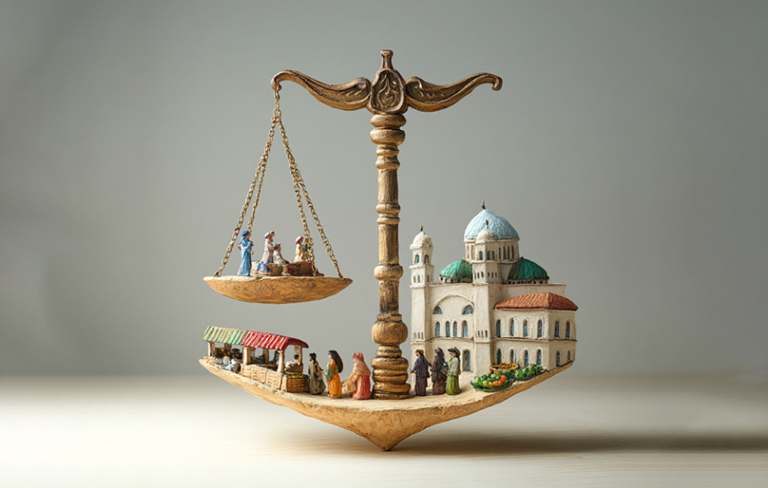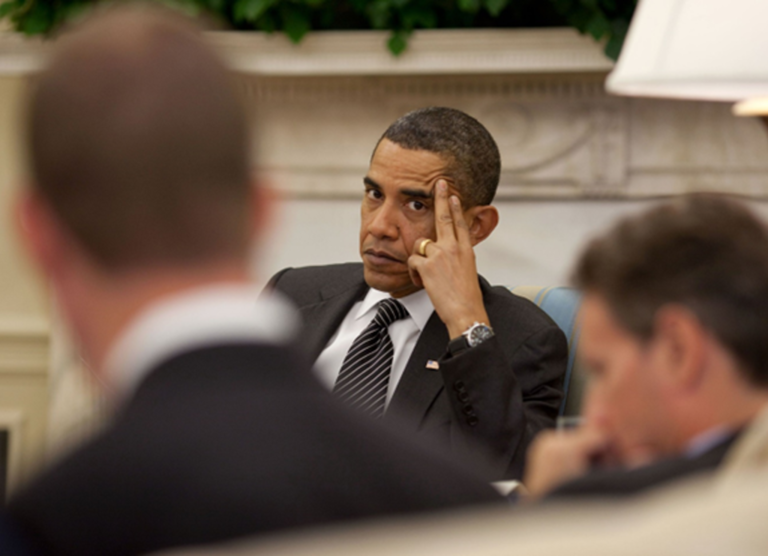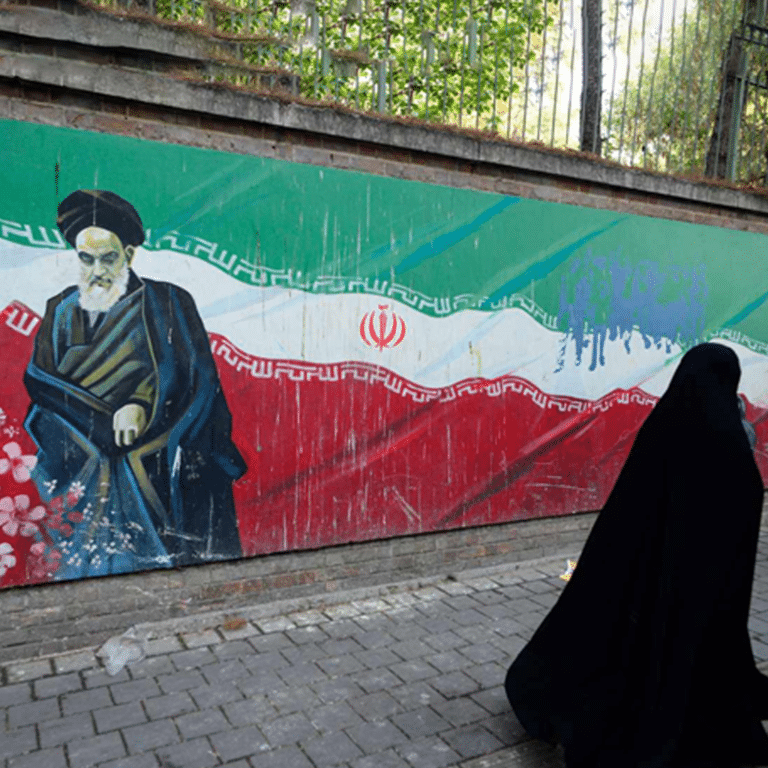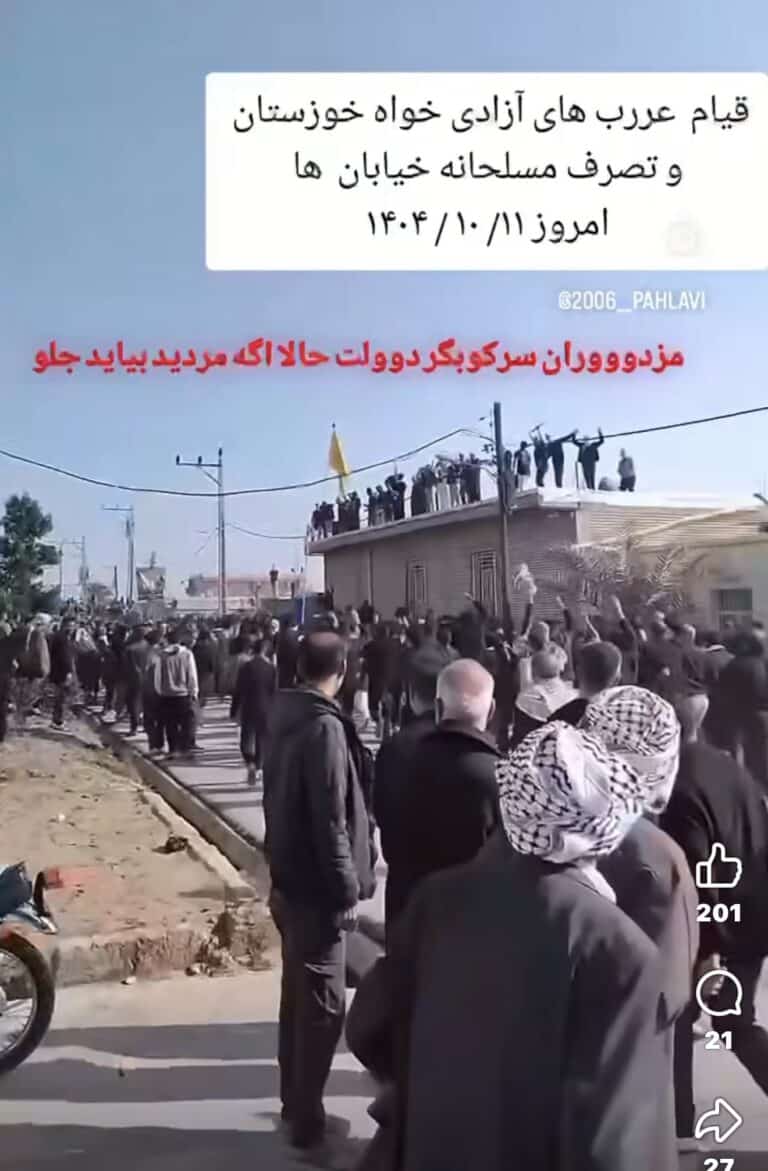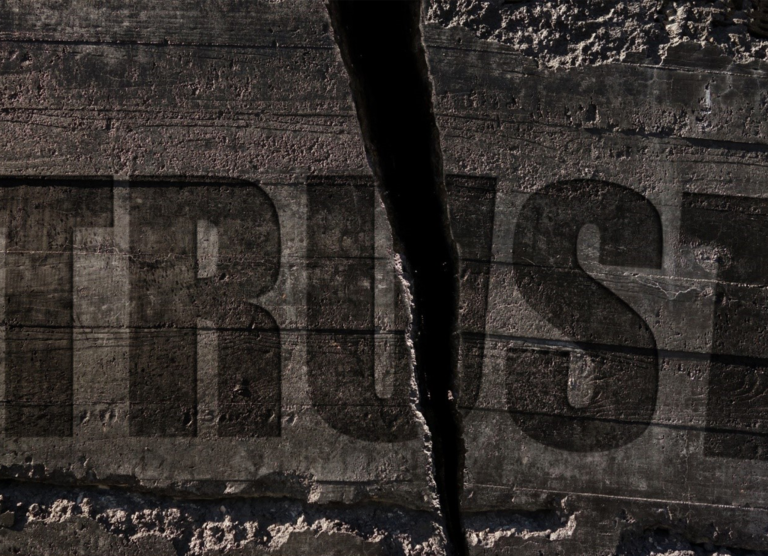God Must Have Approved of This: A Deeper Exploration of Religious Transformations
Throughout history, Christians, whether members of the ecclesiastical hierarchy or those engaged in governmental roles, have ardently pursued transformative reforms. These efforts have evolved in a progressively dynamic manner, often propelled by the turbulence of wars, the sweeping changes of Western industrialization, and the intellectual revitalization of the Renaissance.
Over centuries, these reformative initiatives have unfolded through deliberate and incremental participation. Each step has involved careful consideration and discourse, reflecting the nuanced challenges and opportunities faced at different historical junctures. The combination of these driving forces has led to profound changes within both the church and broader society.
Moreover, these transformations have not only reshaped religious practices and beliefs but have also influenced cultural and social structures. The reforms initiated by such dedicated Christians have contributed to shifts in moral and ethical outlooks, societal norms, and governance models. This continual evolution underscores an ongoing endeavor to harmonize spiritual convictions with contemporary realities, seeking divine approval and aligning earthly actions with heavenly aspirations.
As the Renaissance unfolded, ushering in profound cultural revolutions, the church faced a decisive crossroads. Acknowledging the pressing need for modernization, it chose to adapt, understanding that such a course was vital not just for its survival, but also for the well-being of the communities it served. This proactive stance sparked a transformative movement, leading to the historic separation of church and state. This landmark change ushered in notable progress within both spheres. The church restored its dignity and societal influence while securing significant financial stability, enabling it to prosper amid a rapidly evolving world. Today, millions converge from across the globe, including the Vatican, to reaffirm their commitments and pay homage to the Holy Father. This vibrant assembly highlights a dynamic faith community energized by shared values, connection, and a sense of purpose.
Nonetheless, the secular world has approached this monumental achievement with great caution. It has put in place a diligent framework of checks and balances, carefully monitoring the church’s activities to ensure they remain aligned with the principles of modernization and inclusivity. This vigilant oversight is intended to prevent any steps toward radicalization or divergence from these core values. Such a dynamic relationship has fostered a harmonious coexistence, where faith and reason thrive together, enhancing both domains with mutual respect and enrichment.
In stark contrast, the Islamic world has grappled with a distinct array of complex challenges. While it has indeed experienced warfare, a considerable portion of these conflicts has originated internally, often with the objective of extending the influence of Islam rather than solely defending its doctrines. The assertive principles that define some interpretations of Islam, along with its relatively younger historical evolution compared to Christianity, have posed challenges in aligning with modernity. Rather than engaging in transformative reforms, certain factions within the Islamic community have chosen to leverage Western technological advancements to propagate ancient and often repressive ideologies. This strategy has facilitated the spread of rigid religious doctrines, effectively hindered reformative movements and blocking pathways toward modernization.
As we explore these divergent paths of religious evolution, it becomes increasingly apparent that the journey toward reform and modernization is complex and fraught with obstacles. However, the potential for growth and transformation is tangible, highlighting the critical importance of fostering dialogue, promoting mutual understanding, and cultivating a willingness to embrace change for the collective advancement of humanity.
It is crucial to understand that within both Christian and Islamic communities, numerous individuals and groups are dedicated to reform and modernization. These reformers frequently encounter substantial resistance, yet their work is invaluable in bridging the divide between tradition and contemporary values. They advocate for interpretations of faith that emphasize peace, tolerance, and inclusivity, aiming to align religious teachings with the requirements of modern society.
As globalization and technology connect the world more than ever, dialogue between different faiths becomes increasingly significant. Interfaith initiatives and collaborations have the potential to nurture understanding, respect, and cooperation among varied religious communities. By highlighting shared values and common objectives, these dialogues can create pathways for more harmonious coexistence and mutual support in tackling global challenges such as poverty, conflict, and environmental degradation.

